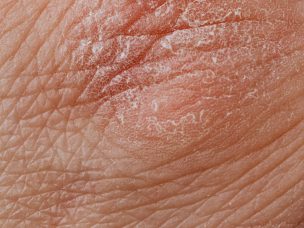A recent study that investigated the onset of ADHD-related clinical outcomes in the setting of ocular trauma found that Wender–Utah Rating Scale (WURS) scores were similar in the control and ocular trauma groups. Moreover, ADHD-related clinical outcomes, including higher behavioral problems/impulsivity subscale scores, are related to ocular trauma in outdoor activities.
Ocular trauma is an important etiological factor of permanent vision loss and leads to a decline in the quality of life. In order to prevent ocular trauma, it is important to recognize the population at risk. Individuals with Attention-Deficit Hyperactivity Disorder (ADHD) are more at risk for trauma and accident than those without ADHD. The prospective case-control study, published in the Indian Journal of Ophthalmology, investigated the prevalence of ADHD-related clinical outcomes in individuals with ocular trauma. The study also assessed the relationship between ocular trauma subgroups and ADHD-related clinical outcomes.
The study included 108 subjects in the control and ocular trauma groups. The demographic characteristics of both groups were similar. The Wender–Utah Rating Scale (WURS) scores and subscale scores evaluating clinical outcomes related to ADHD were higher in the ocular trauma group compared to the control group. Significant differences were observed in the control and ocular trauma groups’ mean behavioral problems/impulsivity scores for outdoor activities. However, the mean WURS scores for the ocular trauma subgroups based on clinical findings were similar between the control and ocular trauma groups. Hence, there was no significant association between the ocular trauma subgroups, separated by clinical findings. The ocular trauma subgroups included work-related, home accidents, and outdoor activities.
The case-control study concluded that the WURS scores for ADHD-related clinical outcomes were similar in the control and ocular trauma groups. On the contrary, behavioral problems/impulsivity subscale scores are greater in ocular trauma caused by outdoor activities than in home accidents.
Additional research under a psychiatrist’s clinical guidance may yield more thorough information on psychiatric diseases. In the future, larger trials with long-term follow-up should be conducted to evaluate the clinical impact of ADHD on ocular damage.
Reference
Keles, A., Ilhan, C., Karayagmurlu, A., Citirik, M., Yetkin, E., Karatepe, M. S., & Varol, E. (2022). Association between ocular trauma and attention-deficit/hyperactivity disorder in adult patients. Indian J Ophthalmol, 70(4), 1350-1355. doi:10.4103/ijo.IJO_1363_21










